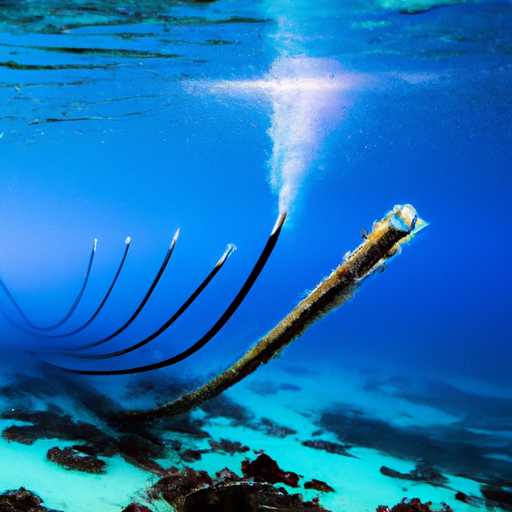A significant milestone was reached a few days ago when private companies in India and Saudi Arabia signed over two dozen agreements on a wide variety of subjects. While each agreement holds its own significance, this article will focus on one particular deal that has caught the attention of many – the building of a High Voltage Direct Current (HVDC) undersea line.
Introducing the First HVDC Undersea Power Project in the Developing World
In a groundbreaking move, India and Saudi Arabia have embarked on the construction of the first HVDC undersea power project in the developing world. This ambitious venture aims to establish a direct current power transmission link between the two countries, laying the foundation for a new era of energy cooperation. This project holds immense promise and is set to revolutionize the way power is transmitted across borders.
Saudi Arabia’s Entry Into Exporting Renewable Power
Another noteworthy aspect of these agreements is Saudi Arabia’s entry into the realm of exporting renewable power. With its vast resources in solar and wind energy, the kingdom has long been poised to become a major player in the global renewable energy market. This partnership with India in building the HVDC undersea line serves as a crucial step towards realizing Saudi Arabia’s goal of diversifying its energy exports and reducing its dependency on traditional fossil fuels.
Overall, these agreements between private companies in India and Saudi Arabia mark a significant turning point in the field of energy collaboration. The HVDC undersea power project and Saudi Arabia’s foray into exporting renewable power are just a glimpse of the tremendous potential that lies ahead. As both countries continue to strengthen their ties and explore new avenues of cooperation, the world can expect more groundbreaking initiatives that will shape the future of energy.
























